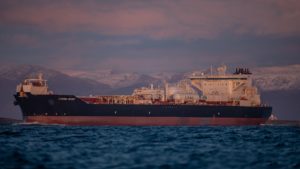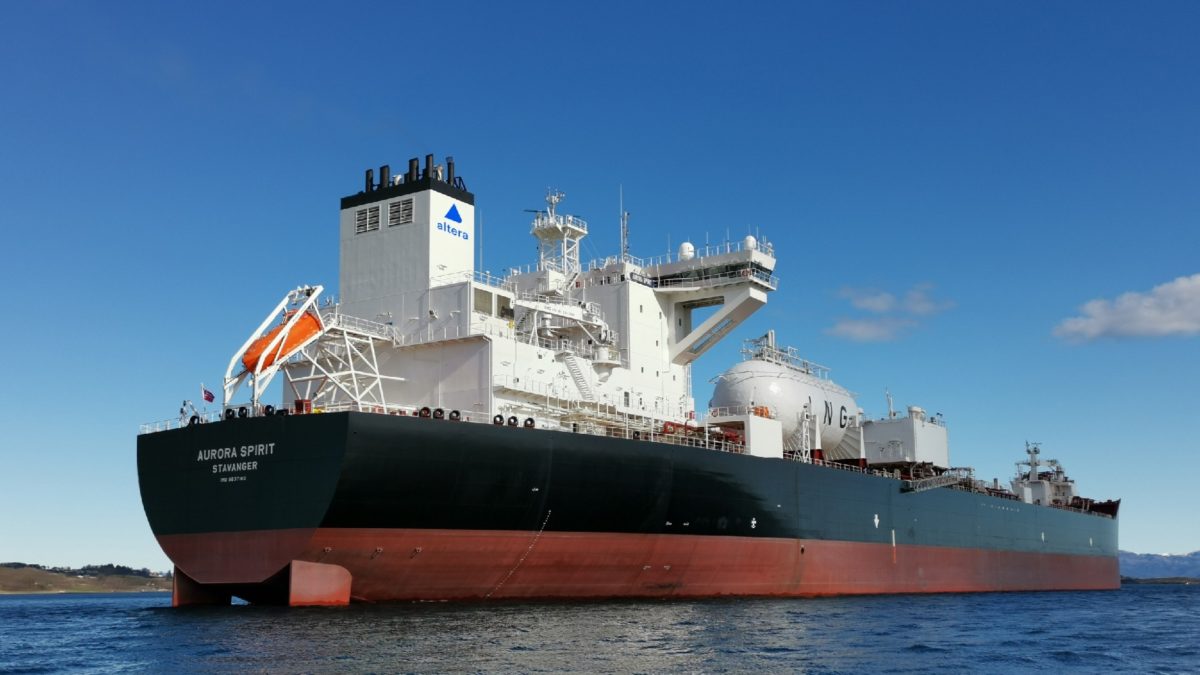All measures to reduce emissions of greenhouse gases should be carefully considered to reach the targets defined in the Paris Agreement, the initial IMO GHG strategy and by the Norwegian Government. The Norwegian Shipowners Association have also defined clear goals.
Carbon capture and storage (CCS) of CO2, both on land and onboard ships can play an important role in reaching the target of reducing GHG emissions. However, can CO2 also be captured and stored on-board vessels? Many persisting preconceptions to on-board CCS systems exist; some of which relate to technology maturity, costs, energy consumption, space requirements for systems and CO2 storage on-board.
Questions and concerns related to how captured CO2 should be handled after off-loading from the vessel are currently unanswered. How should the onshore infrastructure and the infrastructure related to final storage be ensured? And overall – how to make sure the safety both on land and on the vessel is properly ensured? In light of UN and IMO ambitions for emission reduction, the appeal of CCS has led to extensive research and development on CCS technology and infrastructure in recent years. To investigate the current and future potential for on-board application of CCS, a GSP pilot on CCS applied in a maritime setting has been started.
Goal of pilot project
Investigate the technical and economical applicability of an on-board CCS system. The overall goal for the pilot is implementation of an on-board CCS system on an Altera ship. The system should be scalable and flexible so that it can be used for other vessels of different size using other types of gas or oil as fuel.
The main activities of the study are:
- A mapping of current on-board CCS initiatives, especially through discussions with suppliers and investigations of previous studies. This should result in descriptions of technologies and ongoing projects, maturity, applicability, safety aspects, an overview of the cost picture, rules and regulations, and possible support schemes. A high-level description of possible synergies with CCS value chains in other industries will also be elaborated.
- Develop an Altera-specific case based on E-shuttle propulsion design, but scalable for both the Altera Stella Maris CO2 carrier and other liquid CO2 ships for the CCS value chain. The carrier vessel cases should investigate the feasibility of mixing the captured CO2 with the transported C=2 cargo. A timeline for potential implementation should be developed.
Status
The pilot owner Altera Infrastructure has, through their six E-shuttle newbuilds, demonstrated how emissions of CO2 can be reduced significantly. The company has now positioned themselves in the leading position for considering to what extent and how GHG can be reduced with carbon capture.

The pilot, with associated partners from the relevant value chain, was initiated winter 2021. Workflows, role distribution and tasks were defined. During spring, the work was put on hold to ensure the best possible result of the work. The background for putting the pilot on hold was the need to time the work effort with the expected time for concretization of technology solution proposals and organizational changes at the technology suppliers.
The pilot was put on hold in 2021 and then relaunched in the spring of 2023.
June 2023
The interest and possibilities for carbon capture and temporary storage on board the ship itself has gained new momentum. This is due, among other things, to the development of Altra’s Stella Maris project.
The pilot has restarted and will have a kick-off meeting before the summer break. Equinor, the Ministry of Climate and Environment, DNB and Ionada (technology supplier for CO2 capture) and DNV are already partners on relaunches, but the pilot welcomes several partners.
October 2023
Energy is required to reduce emissions. The ship’s total fuel consumption may therefore increase. The pilot is now focusing on reducing parasitic loads (energy consumption for carbon capture and processing) as much as possible. The necessary infrastructure for storage on board must be available and the CO2 freight price – from ship to permanent storage or use – must be low enough for the business case to be satisfactory.
April 2024
Altera wishes to invite participants outside the pilots to a workshop for CO2 logistics.
The design basis has been concluded. So far, no showstoppers have been found for onboard CCS. Further, power requirements, equipment, costs, and time estimates will be looked at.

